







Interagency PSEA Community Outreach and Communication Fund

Supporting local and national NGOs to promote Protection against Sexual Exploitation and Abuse (PSEA)





Interagency PSEA Community Outreach and Communication Fund
Supporting local and national NGOs to promote Protection against Sexual Exploitation and Abuse (PSEA)



The PSEA Fund projects developed materials in some 40 languages, tailored to reach over 20 different Age, Gender, Diversity (AGD) profiles through more than 45 types of materials, including print, video, audio, workshops, trainings and community discussion guides, amongst others.
All the materials developed by the Fund’s projects are made available to the wider sector for their further use and adaptation through the Deliverables Database, which can be accessed here.
About the PSEA Outreach Fund
Established in 2020 as a joint initiative of UNHCR and the International Council of Voluntary Agencies (ICVA), the Interagency PSEA Community Outreach and Communication Fund provides rapid, targeted financial support to NGOs to develop and disseminate Protection against Sexual Exploitation and Abuse (PSEA) outreach and communication materials.
The aim of the PSEA Fund is to support the critical work that non-governmental organisations (NGOs) do every day to ensure that people they serve are fully aware that humanitarian assistance is never conditional on any transaction or exchange of any kind and to prevent situations of sexual exploitation and abuse (SEA). The Fund responds to the need for effective and timely information, education and communication materials on PSEA that are tailored to local cultural contexts, operational realities, and the groups that are most at risk, while also taking into account, among others, considerations of language, literacy, age and capacity.
The Fund promotes the localisation agenda, by investing in community-led efforts to help ensure that survivors know how and where to safely report SEA. It is rooted in the recognition that local capacities and expertise, including rights holders from affected communities themselves, are essential to effectively reinforce protection from sexual exploitation and abuse.
Since its launch in 2020, the Fund has generated tremendous interest from NGOs, community-based organisations, safeguarding experts and other humanitarian actors involved in PSEA activities, with over 5,500 applications received so far. Each year, all eligible applications are reviewed and scored by an interagency Steering Group composed of representatives from UN agencies, NGO networks and NGOs. To date, 56 projects have been supported through grants of about 20,000 USD each to reinforce PSEA through strengthened community awareness and engagement and over 2 million rights holders are reported to have benefited from the Fund.

About the PSEA Outreach Fund

Established in 2020 as a joint initiative of UNHCR and the International Council of Voluntary Agencies (ICVA), the Interagency PSEA Community Outreach and Communication Fund provides rapid, targeted financial support to NGOs to develop and disseminate Protection against Sexual Exploitation and Abuse (PSEA) outreach and communication materials.
The aim of the PSEA Fund is to support the critical work that non-governmental organisations (NGOs) do every day to ensure that people they serve are fully aware that humanitarian assistance is never conditional on any transaction or exchange of any kind and to prevent situations of sexual exploitation and abuse (SEA). The Fund responds to the need for effective and timely information, education and communication materials on PSEA that are tailored to local cultural contexts, operational realities, and the groups that are most at risk, while also taking into account, among others, considerations of language, literacy, age and capacity.
The Fund promotes the localisation agenda, by investing in community-led efforts to help ensure that survivors know how and where to safely report SEA. It is rooted in the recognition that local capacities and expertise, including rights holders from affected communities themselves, are essential to effectively reinforce protection from sexual exploitation and abuse.
Since its launch in 2020, the Fund has generated tremendous interest from NGOs, community-based organisations, safeguarding experts and other humanitarian actors involved in PSEA activities, with over 5,500 applications received so far. Each year, all eligible applications are reviewed and scored by an interagency Steering Group composed of representatives from UN agencies, NGO networks and NGOs. To date, 56 projects have been supported through grants of about 20,000 USD each to reinforce PSEA through strengthened community awareness and engagement and over 2 million rights holders are reported to have benefited from the Fund.
The PSEA Fund projects developed materials in some 40 languages, tailored to reach over 20 different Age, Gender, Diversity (AGD) profiles through more than 45 types of materials, including print, video, audio, workshops, trainings and community discussion guides, amongst others. All the materials developed by the Fund’s projects are made available to the wider sector for their further use and adaptation through the Deliverables Database, which can be accessed here.
Deliverables Produced




Projects Funded

Languages










Projects Funded






Deliverables Produced





Languages




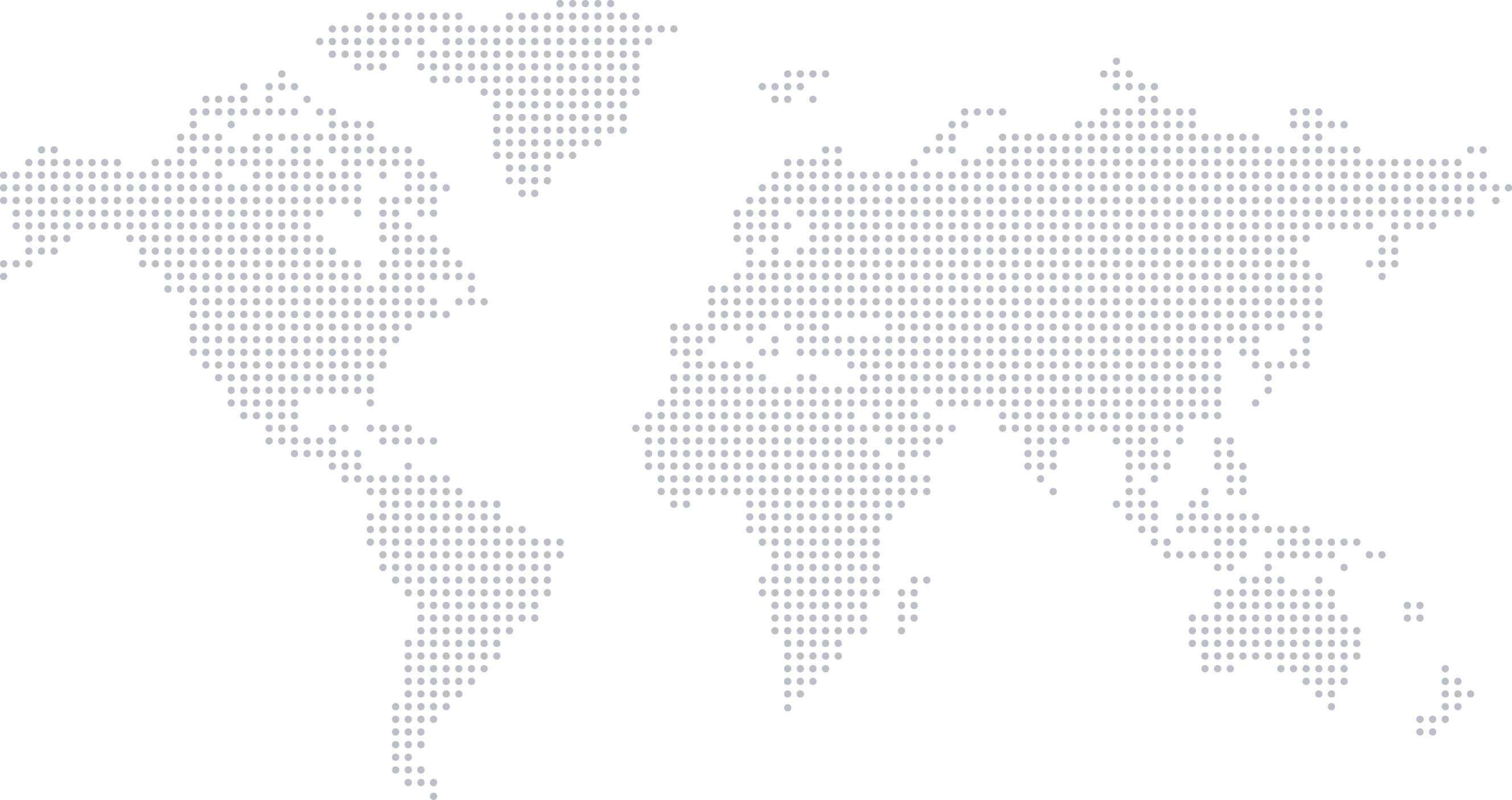
Documentation of
Project Implementation
Take a look at some pictures from the PSEA
Fund projects
Global Outreach
Map of countries where organisations have received support from
the Fund

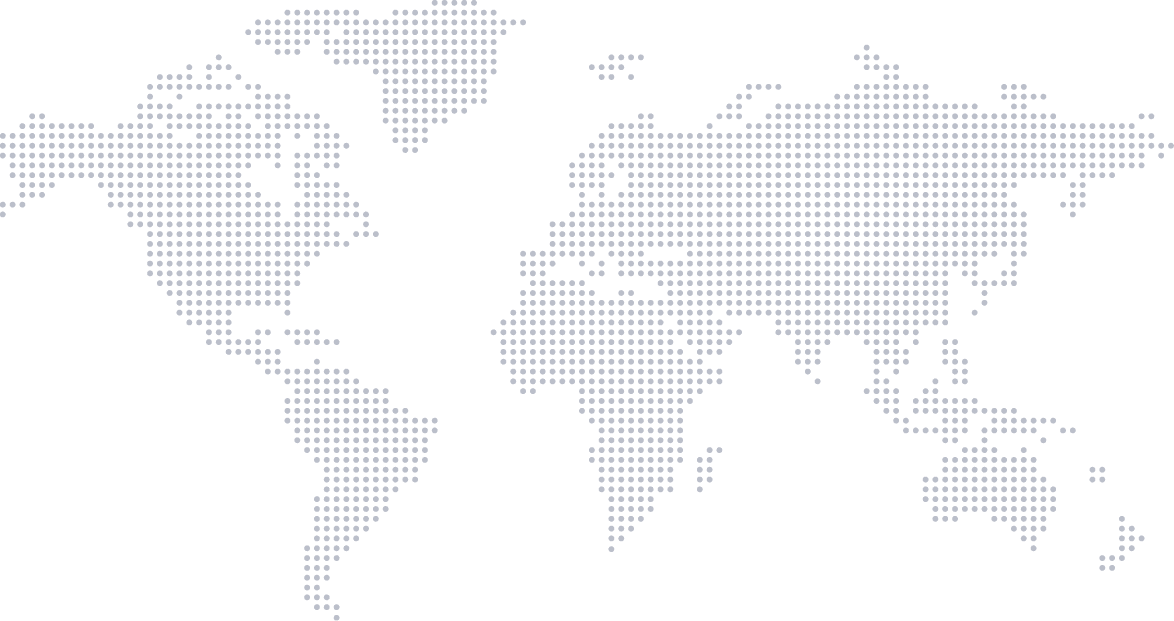



































Global
Outreach

Documentation of
Project Implementation
Take a look at some pictures from the PSEA
Fund projects

From December 2022 to February 2023, and with generous support from the UK Foreign, Commonwealth & Development Office (FCDO), Murrayborn Group was engaged to conduct an external research project on understanding the impact of the Interagency PSEA Community Outreach and Communication Fund in raising community awareness on the risks of SEA committed by aid workers and available reporting channels. Moreover, the research also aimed to explore and document best practices, promising approaches and learnings in terms of accountability to affected populations (AAP), localisation, adaptive programming and diversity, equity and inclusion (DEI). The research was conducted through field visits to Slovakia, Ecuador, Colombia, and Indonesia, remote studies
in the form of remote interviews and review of project
reports and deliverables of projects in Palestine and Rwanda, a survey to all Fund recipients, key informant interviews and focus group discussions.
Evidence of Best Practices
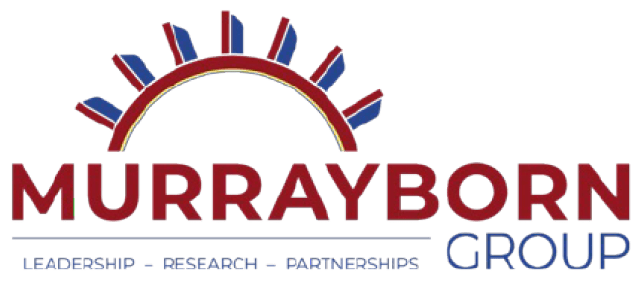
Evidence of
Best Practices

From December 2022 to February 2023, and with generous support from the UK Foreign, Commonwealth & Development Office (FCDO), Murrayborn Group was engaged to conduct an external research project on understanding the impact of the Interagency PSEA Community Outreach and Communication Fund in raising community awareness on the risks of SEA committed by aid workers and available reporting channels. Moreover, the research also aimed to explore and document best practices, promising approaches and learnings in terms of accountability to affected populations (AAP), localisation, adaptive programming and diversity, equity and inclusion (DEI). The research was conducted through field visits to Slovakia, Ecuador, Colombia, and Indonesia, remote studies in the form of remote interviews and review of project reports and deliverables of projects in Palestine and Rwanda, a survey to all Fund recipients, key informant interviews and focus group discussions.
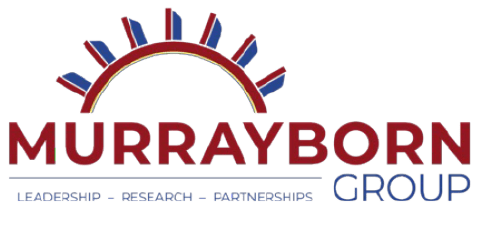

Best Practices

The research explored the impact of the PSEA Fund in raising awareness on SEA and aimed
to identify best practices in four key research themes: accountability to affected populations (AAP), localisation, adaptive programming, and diversity, equity and inclusion (DEI).
This work has confirmed a number of community outreach best practices and learnings in the context of the Fund, which can
be further explored below.
Best Practices

The research explored the impact of the PSEA Fund in raising awareness on SEA and aimed
to identify best practices in four key research themes: accountability to affected populations (AAP), localisation, adaptive programming, and diversity, equity and inclusion (DEI).
This work has confirmed a number of community outreach best practices and learnings in the context of the Fund, which can
be further explored below.

The research found that the Interagency PSEA Community Outreach and Communication Fund is achieving its stated aim of increasing awareness among diverse rights holders, while supporting local actors in bringing change to the communities they work with, putting people at the centre and adapting to challenges and changes. The Fund is a unique project that fills a critical gap in grassroots PSEA awareness raising and is also an innovator and catalyst, supporting local NGOs to step more confidently into a PSEA leadership space and achieve sustainable impact.
In a Nutshell



01
Supporting grassroots organisations through the Fund creates change – Fund Recipients report that community awareness about SEA and SEA reporting increased as a result of the projects. Organisations have reported that community awareness has increased 84% across some 1.2 million people reached through the Fund. In term of reporting, 85% of organisations indicated that SEA reporting increased either significantly or moderately.
(1 of 7)
Democratic Republic of the Congo, Femme Congolaise pour le Développement (FECONDE)
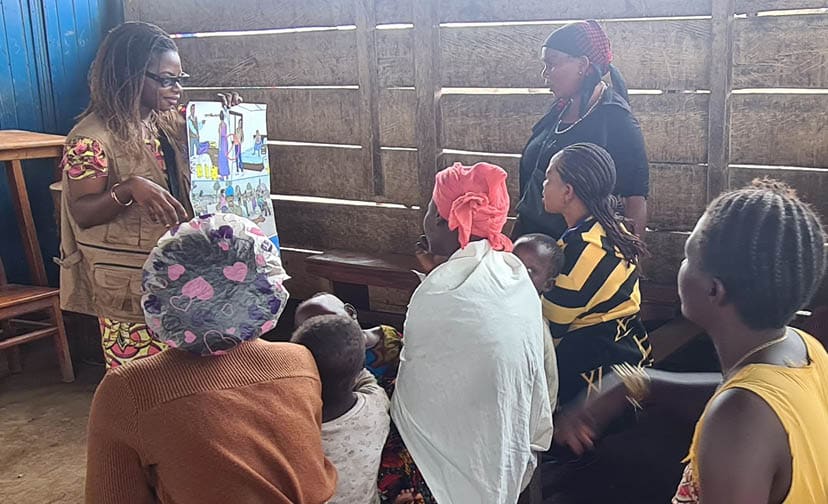

Democratic Republic of the Congo,
Femme Congolaise pour le Développement (FECONDE)
In a Nutshell

The research found that the Interagency PSEA Community Outreach and Communication Fund is achieving its stated aim of increasing awareness among diverse rights holders, while supporting local actors in bringing change to the communities they work with, putting people at the centre and adapting to challenges and changes. The Fund is a unique project that fills a critical gap in grassroots PSEA awareness raising and is also an innovator and catalyst, supporting local NGOs to step more confidently into a PSEA leadership space and achieve sustainable impact.
01
Supporting grassroots organisations through the Fund creates change – Fund Recipients report that community awareness about SEA and SEA reporting increased as a result of the projects. Organisations have reported that community awareness has increased 84% across some 1.2 million people reached through the Fund. In term of reporting, 85% of organisations indicated that SEA reporting increased either significantly or moderately.


(1 of 7)
Acknowledgment
ICVA would like to thank UNHCR for its partnership and UK Foreign, Commonwealth & Development Office (FCDO) for supporting the PSEA Fund and the research project. ICVA would also like to thank Murrayborn Group for leading on the research project. Furthermore, ICVA would like to express thanks to the members of the Steering Group for their contribution to the Fund and support given to the Fund recipients. Over the last three years, members of the Steering Group included: CARE International, Communicating with Disaster Affected Communities (CDAC) Network, Girls not Brides, ICVA, IOM, Oxfam, Translators without Borders, UNHCR, UNICEF and World Vision International. Finally, ICVA would also like to acknowledge and thank the Fund recipients and the communities they engaged with.



Acknowledgment
ICVA would like to thank UNHCR for its partnership and UK Foreign, Commonwealth & Development Office (FCDO) for supporting the PSEA Fund and the research project. ICVA would also like to thank Murrayborn Group for leading on the research project. Furthermore, ICVA would like to express thanks to the members of the Steering Group for their contribution to the Fund and support given to the Fund recipients. Over the last three years, members of the Steering Group included: CARE International, Communicating with Disaster Affected Communities (CDAC) Network, Girls not Brides, ICVA, IOM, Oxfam, Translators without Borders, UNHCR, UNICEF and World Vision International. Finally, ICVA would also like to acknowledge and thank the Fund recipients and the communities they engaged with.


